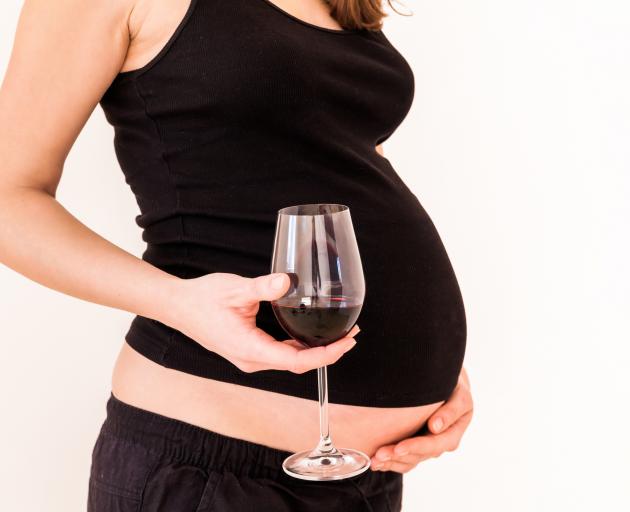

The first two are Down's syndrome and spina bifida. The third is entirely preventable and is increasingly frustrating the medical profession. It's foetal alcohol syndrome.
This is ''in utero'' alcohol-induced brain damage imposed on a child by its mother. There's no simpler way of putting it. The mother chooses this disability for her youngster. Harsh-sounding, but nevertheless it's the reality.
University of Auckland researchers looking at data from their longitudinal study, Growing Up In New Zealand, have recently expressed concern at the level of drinking by mothers during pregnancy.
The majority of women covered by the study did stop drinking alcohol once they discovered they were pregnant, but a startling 23% drank on for some time during the sensitive first trimester, some quite heavily, while 13% continued on through their pregnancy.
Youth Court judges have, in the past, also expressed their frustration at the number of young people coming before the courts suffering from suspected foetal alcohol syndrome.
What are the established facts? Firstly, alcohol interferes with normal pregnancy and secondly, serious defects occur in 30%-50% of the babies of mothers who drink moderately to heavily.
Alcohol moves quite quickly through the placenta and easily on through the baby's blood-brain barrier. The baby's developing brain cells are bathed liberally in alcohol, with their blood alcohol levels reaching the same levels as their mother's, but circulating longer.
The main features associated with foetal alcohol syndrome can be divided into four categories:
• Mental retardation, poor co-ordination, irritability, hyperactivity, delayed language development, low IQ score, school problems, difficulty in relationships, criminal activity, alcoholism.
• Significant reduction in birth body length, weight and head circumference.
• Facial abnormalities affecting the nose, eyelids, lips and jaw.
• Malfunctions affecting the heart, urinary, genital and skeletal systems and structures.
The Health Promotion Agency has been promoting a ''Don't Know, Don't Drink'' message, but this still hasn't got through to all women or the fathers, or, if it has, it's being ignored.
The outcome is continued alcohol-related pressure on our health, education and justice systems, and on the quality of family life, and a life sentence for the child.
Yet the message is simple - there's no known safe level of alcohol consumption during pregnancy.












